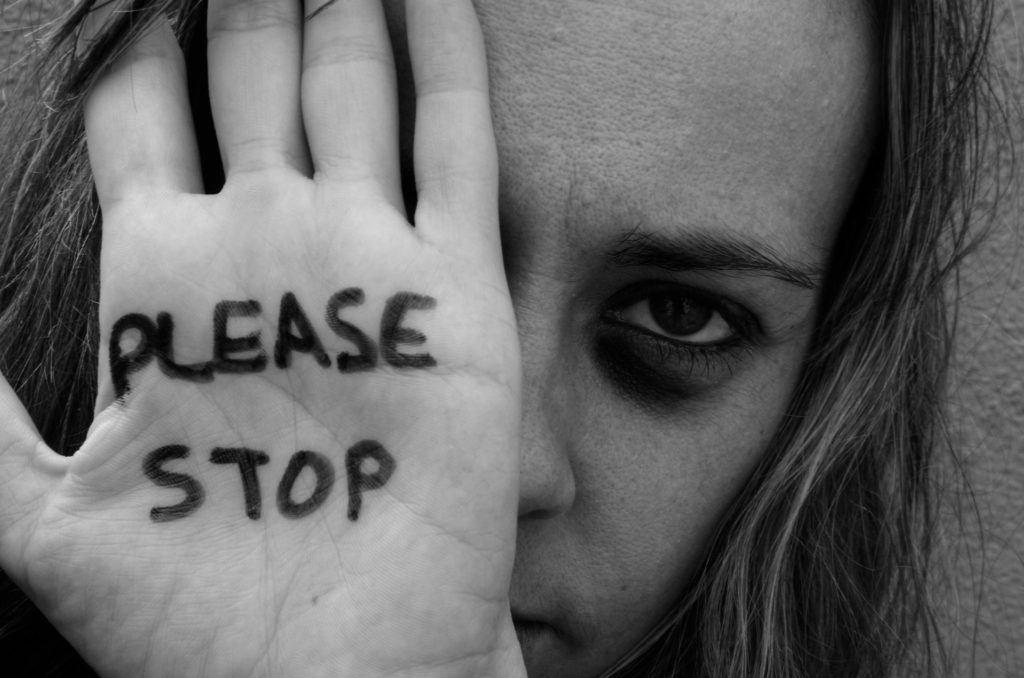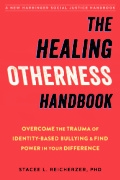Holiday family gatherings can be especially trying times for survivors who must prepare for and deal with the aftermath of encounters with their abusers from childhood. To help my readers find your strength and voice for these experiences, I turned to trauma specialists Dr. Shana Parsons, a licensed marriage and family therapist in Austin, Texas; and Dr. Diana Schroer, a licensed clinical professional counselor in Peoria, Illinois.
My colleagues and I agree that an adult survivor is never under obligation of any kind to forgive or spend time with a former abuser. In fact, attempting to do before you’re ready may do more harm than good because of the possibility that you’ll become flooded with distressing thoughts, images, and emotions. No matter what familial pressure may come from people who may or may not know the story of abuse, your safety is central to your well-being.
To help clients in her counseling practice prepare for encounters with their abusers, Dr. Schroer takes them through some preparatory steps:
“Before the encounter, they write down on an index card several happy memories that occurred in their lives and keep this with them for easy access…we start with events such as the first holiday they remember that was special to them, or the first teacher they really loved, or a best friend they had and activities they did together.
Another technique is to verbalize and imagine a scene where they feel safe and relaxed. I give them an example I use which is in my bedroom on my bed with my dog (a German Shepard). I then have them practice imagining their safe scene, becoming aware of the feeling physically and emotionally, then writing it down on an index card for future practice and use.”
It’s normal for complicated feelings to come up in the days leading up to the event: anxiety and fear, anger, sadness, guilt. To deal with these, Dr. Schroer takes her clients through exercises such as deep-breathing to remain centered, as well as strength-based thinking that reflect accomplishments and positive life experiences in the present. These allow her clients to remain centered as they picture themselves in likely scenarios at the family gathering. Dr. Schroer explains, “We discuss the negative thoughts and bodily reactions,” when survivors picture themselves in these instances. By using knowledge of who they are today as adult choice makers, she helps her clients “change the thoughts and calm the body.”
Dr. Parsons recommends setting a limit and having a plan in case things become too uncomfortable. Ahead of the event, you can specify your limits and the things you’ll say. As she recommends: “You can verbalized your limit, such as ‘I’m not participating in this’ or ‘if you can’t stop yelling at me I will leave.’”
Having an ally with you, whether a trusted friend or family member, can make a world of difference. Even you don’t elect to reveal details of your abuse, having what Dr. Parsons calls “a buffer person” can help support you in keeping your limits. What you choose to reveal to your buffer person depends on what feels safe for you. As Dr. Parsons suggests:
“Survivors should only share their stories with someone they feel safe with and whom they believe will aid in their healing process. It is worth asking yourself- what do I foresee the outcome would be if I share this information? What am I seeking or hoping for? How will this outcome help me heal?”
A buffer person can also shield you if the former abuser tries to hug you or otherwise makes feels uncomfortable; as well as help keep you grounded in the event that you begin feeling anxious or especially uncomfortable. During the event, follow your plans and leave when you’re ready. Dr. Parsons suggests giving time for self-care afterward:
“Plan something really nice for yourself afterwards! What will help you relax, stay positive, feel safe and feel loved/valued?”
Child abuse leaves a lifetime of hurt in its wake. Participating in therapy with a licensed mental health provider who specializes in trauma can help disrupt the legacy of anxiety, depression, and general struggles of self-worth and lovability. As Dr. Schroer explains,
“By processing the abuse thru trauma focused counseling and learning several techniques to assist the survivor in these situations, they will come away from the encounter feeling more in control of their emotions and with more positive self-esteem, and as many clients have told me “proud of myself” or “I’m not scared of them anymore.”
My many thanks to Drs. Parsons and Schroer for their assistance in writing this blog.
Dr. Diana Schroer, LCPC
Peoria, IL 61615
dischroer@msn.com
Dr. Shana Parsons, LMFT
(210) 872-9199
drshanaparsons.com


